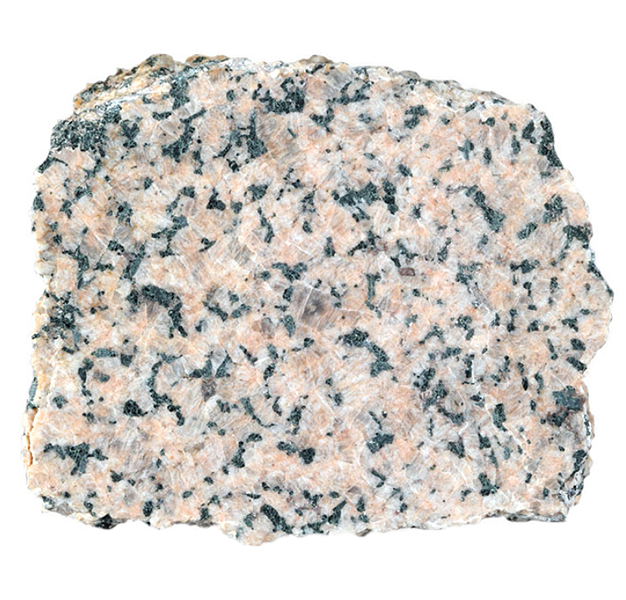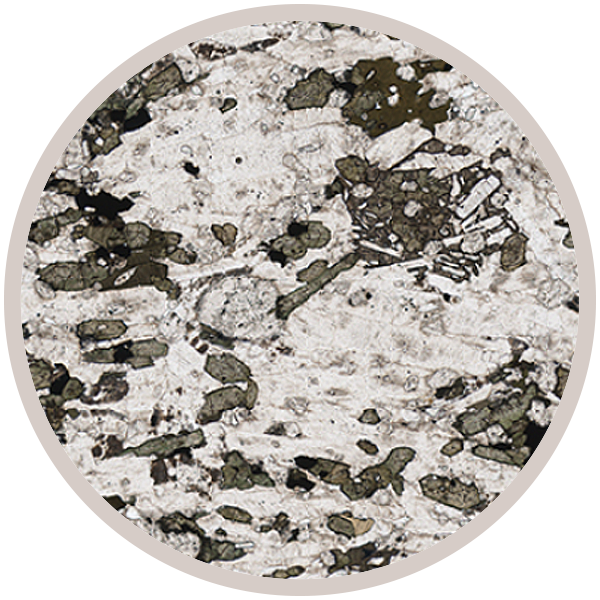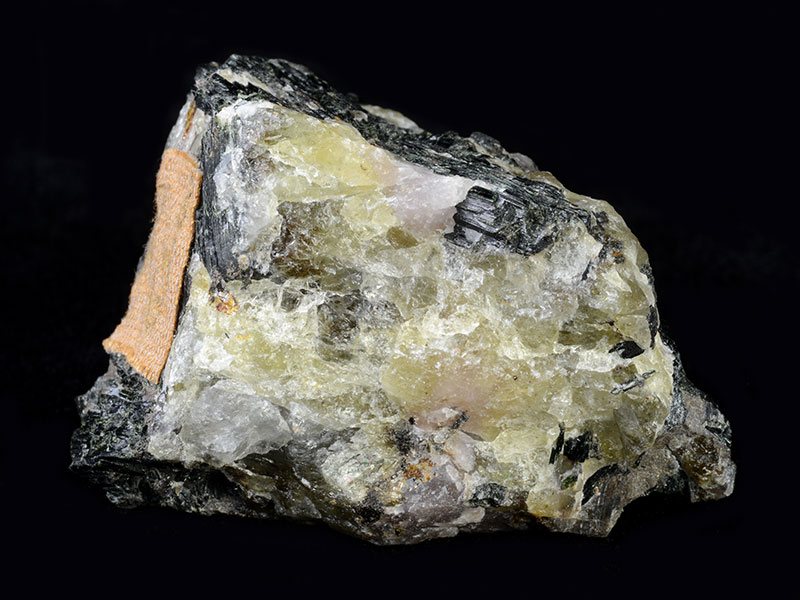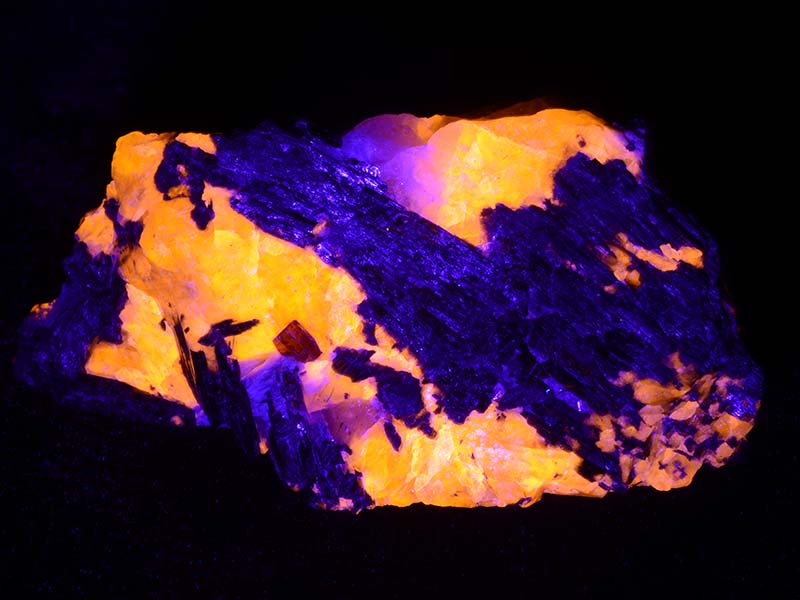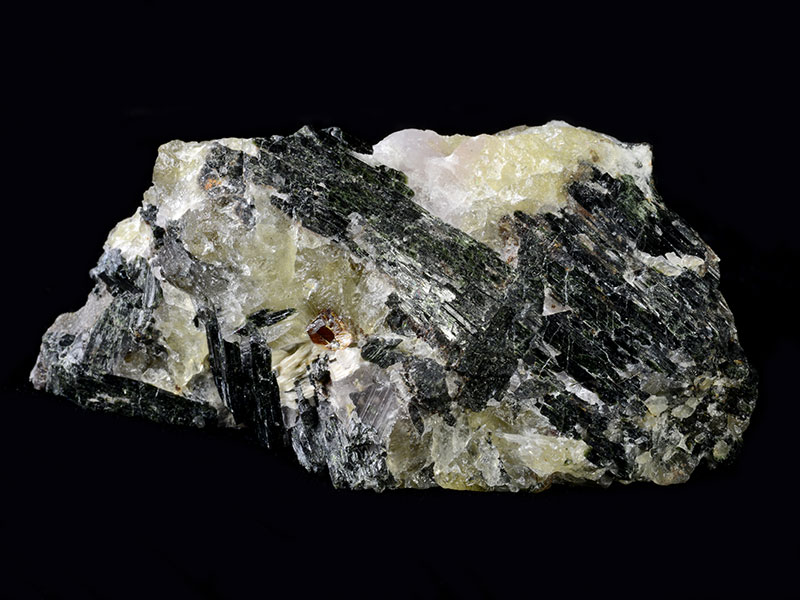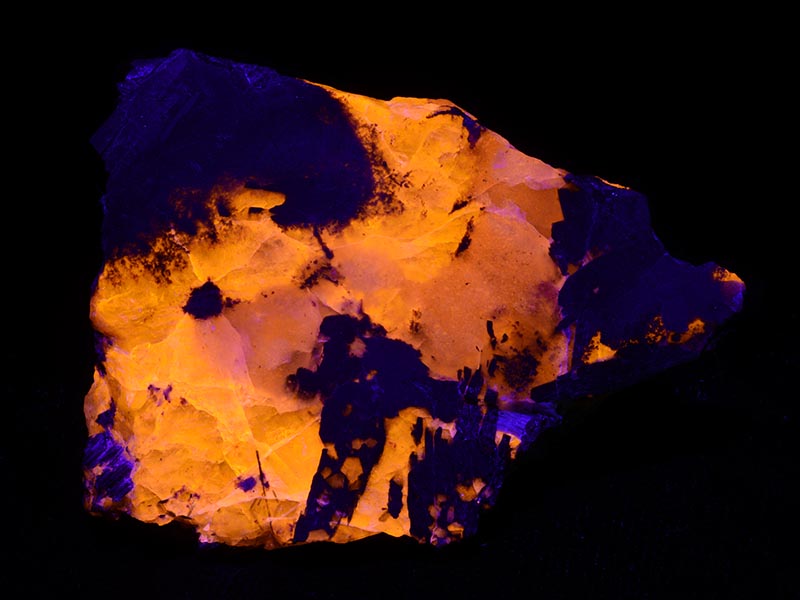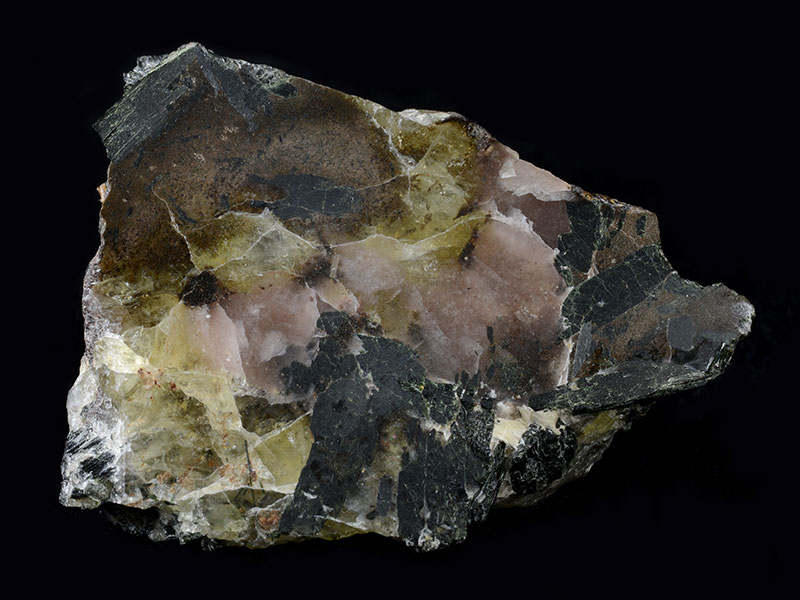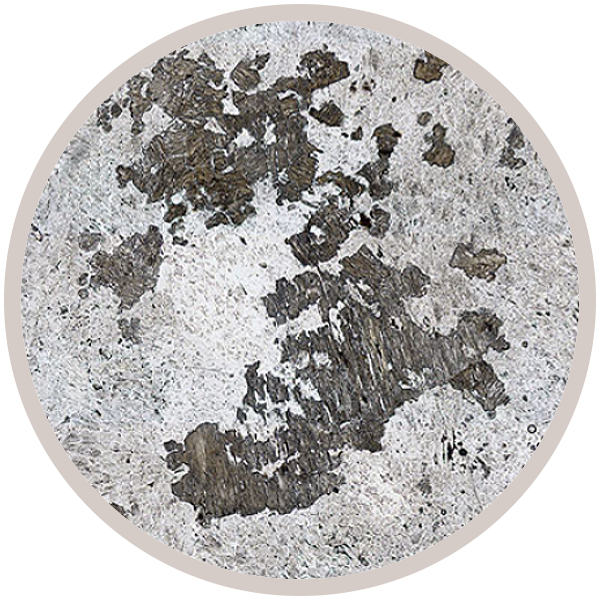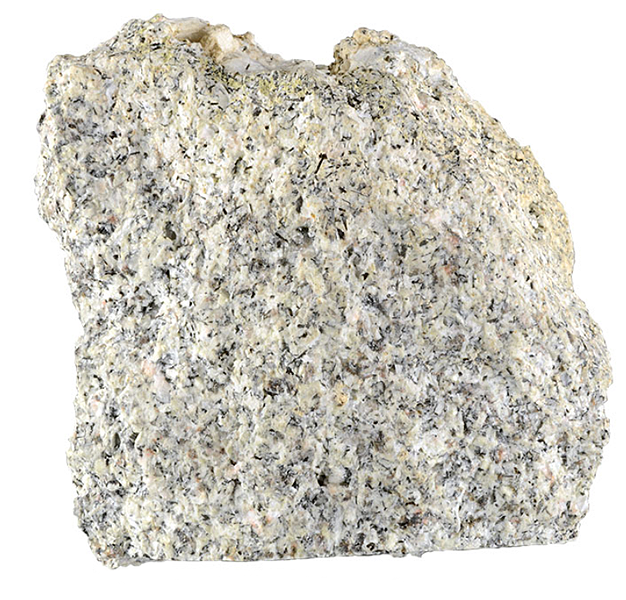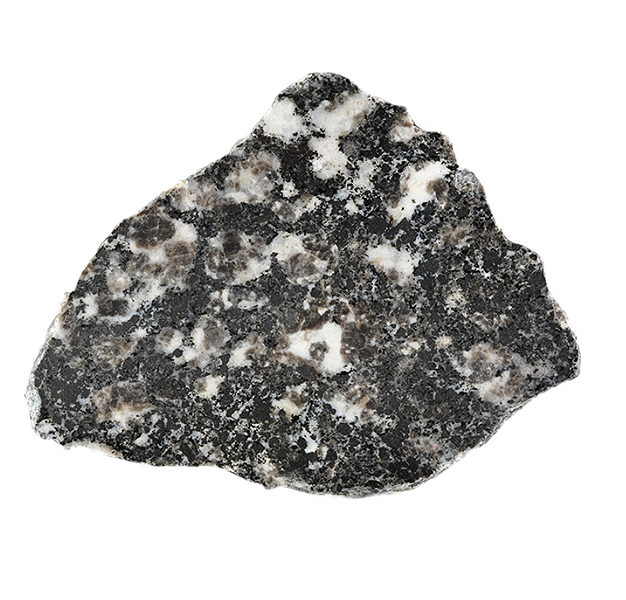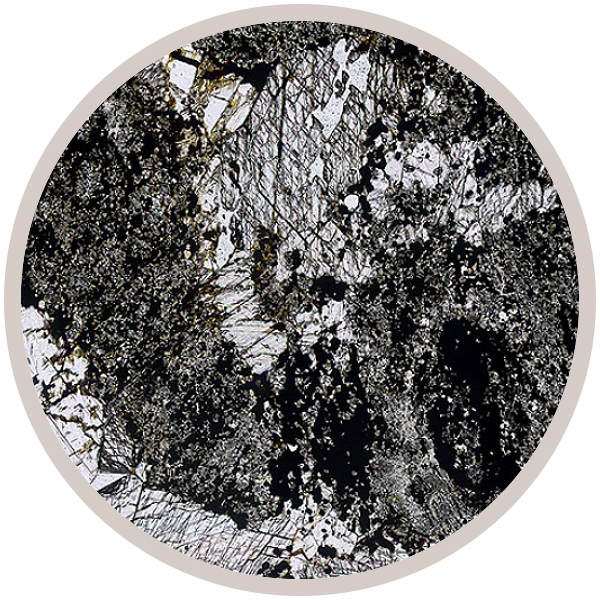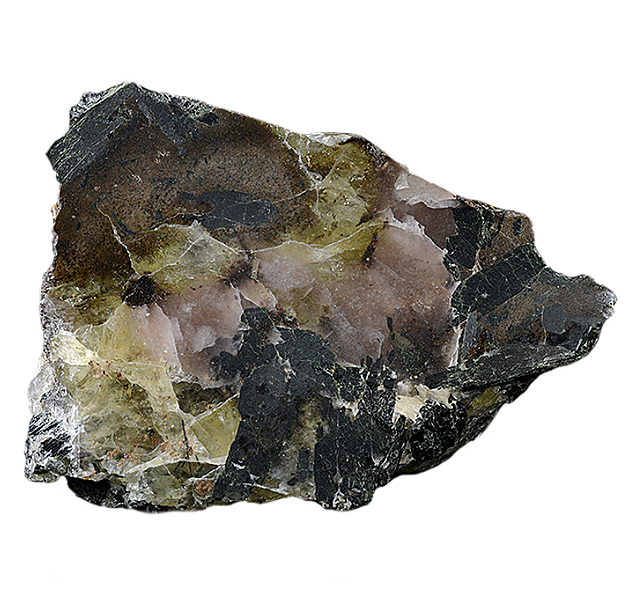
Fact sheet
Sample MTD06 collected by Michael T. Doel
Described as having aegirine and sodalite
Rotation 1 - steenstrupine Na14Mn22+(Fe3+,Mn3+)2Ce6(Zr,Th)(Si6O18)2(PO4)6(HPO4)(OH)2·2H2O
Rotation 2 - sodalite Na8(Al6Si6O24)Cl2
Rotation 3 -
Rotation 4 - aegirine NaFe3+Si2O6
Rotation 5 -
The Ilimaussaq alkaline complex is the type locality for agpaitic nepheline syenites and represents an enormous concentration of rare elements, notably Li, Be, Nb, Zr, REE, Y, Th and U. Around 220 mineral species have been identified. We can't identify all the minerals present in these samples. Email us at virtual-microscope@open.ac.uk if you can help.
Note we have recently expanded the collection to include other syenite complexes worldwide.
See also Alex Strekeisen's great website for more information on syenite complexes.
Sample details
More from this collection
